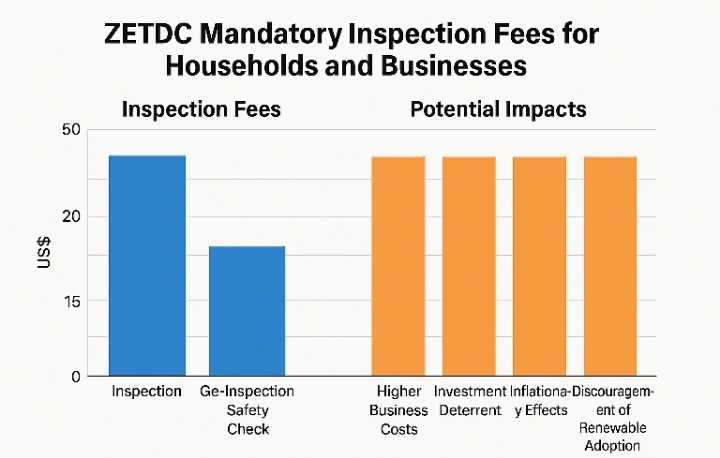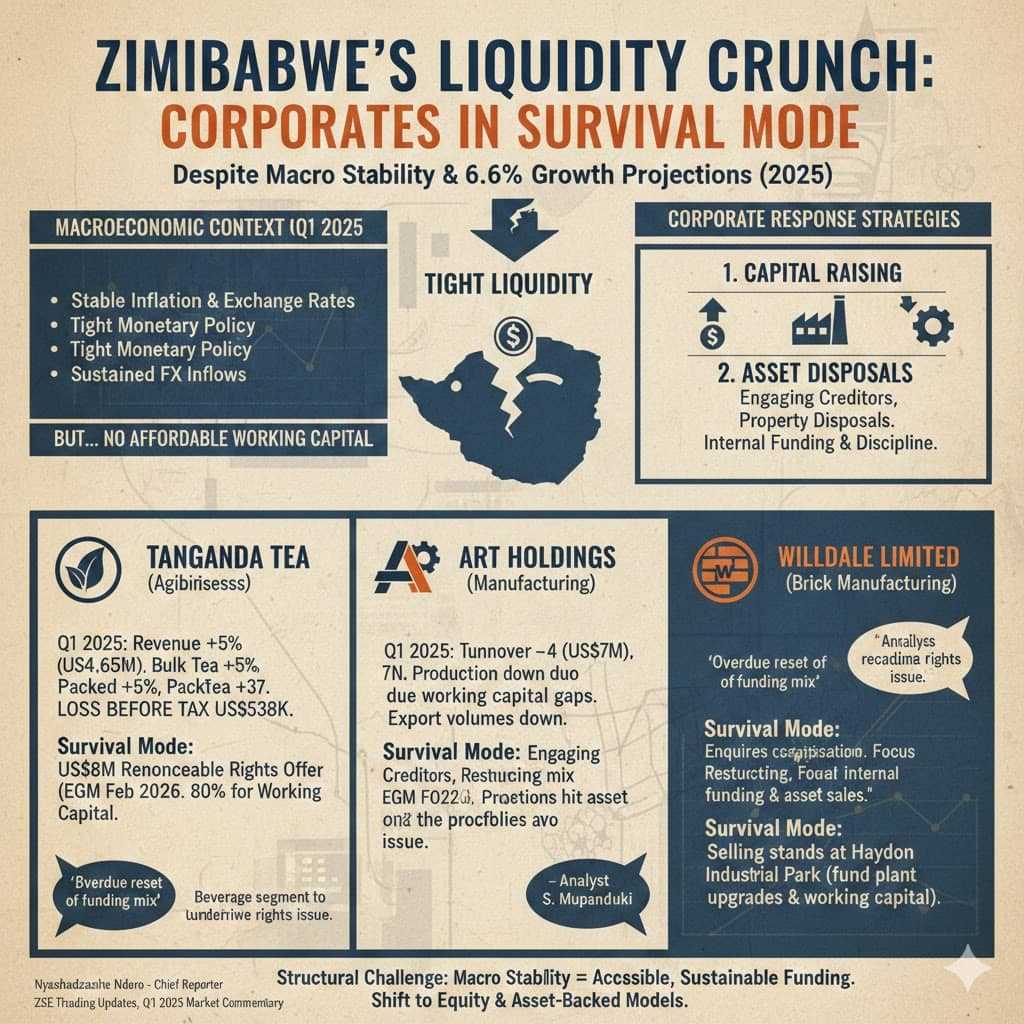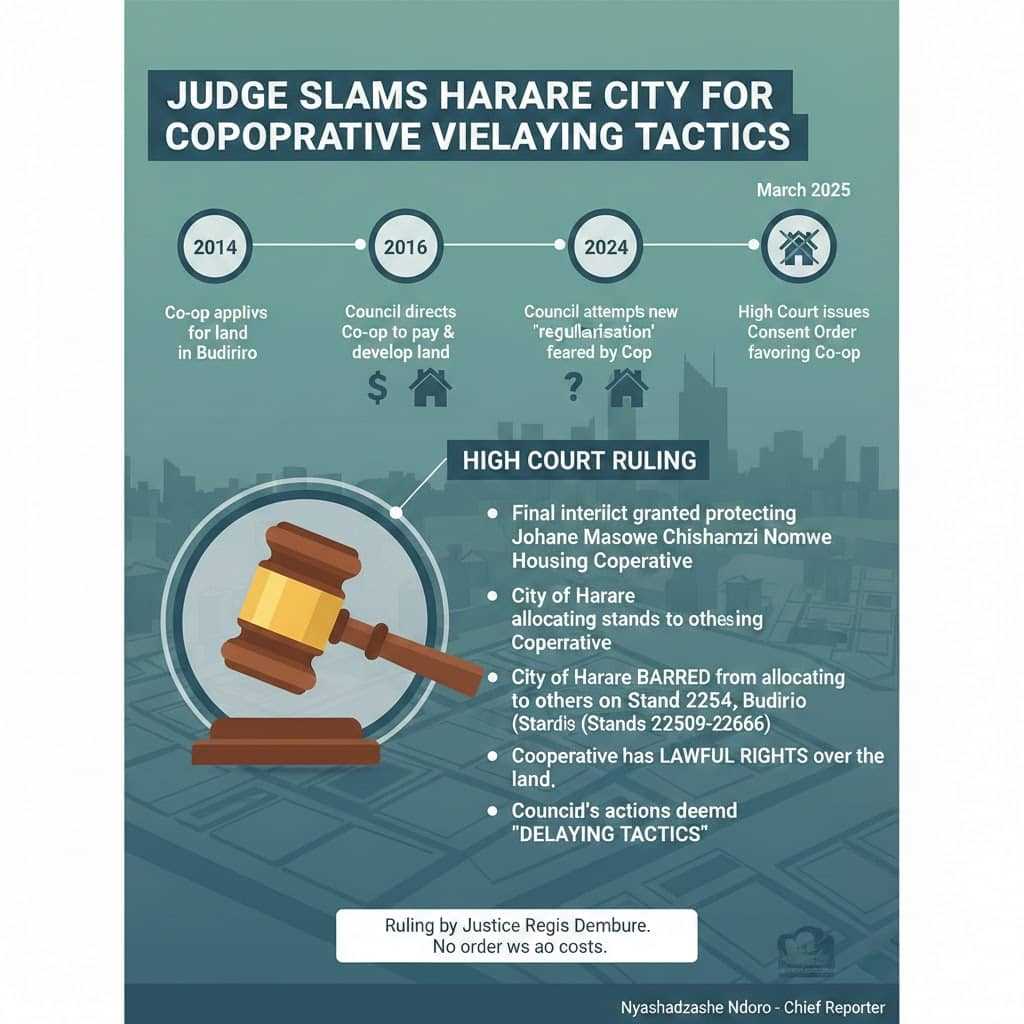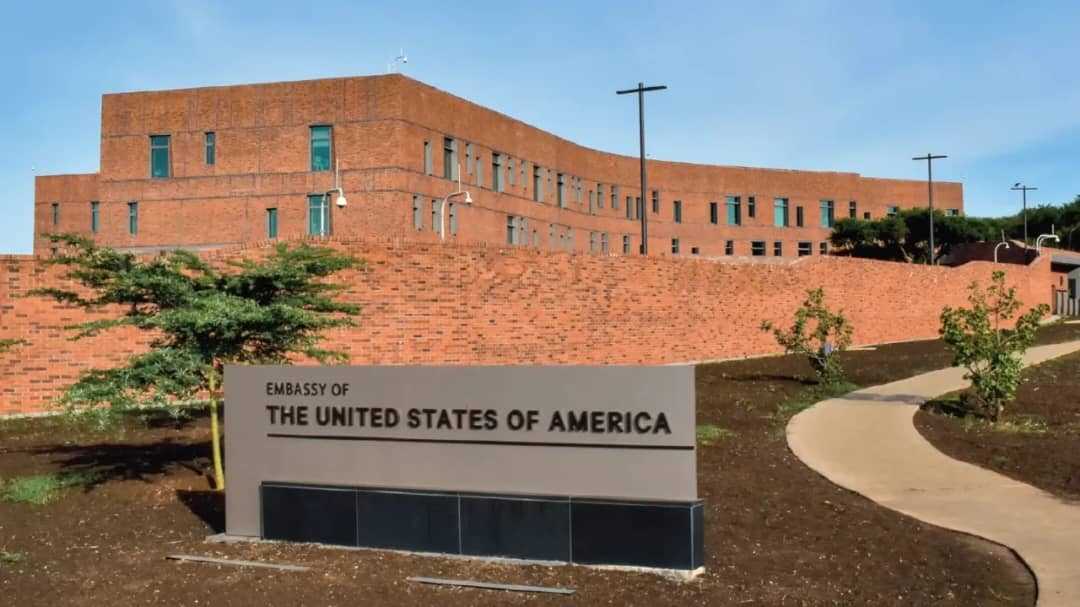
Audrey Galawu- Assistant Editor
The Zimbabwe Electricity Transmission and Distribution Company has stirred controversy with its latest directive mandating inspections and re-inspections of all electrical installations across the country.
As of March 27, 2025, households and businesses are now required to pay a standard US$25 inspection fee, with generator safety checks attracting charges of up to US$100 depending on capacity.
While the move is positioned as a safety measure, industry stakeholders and policy analysts argue the fees are likely to worsen the already strained cost of doing business in Zimbabwe.
In a detailed analysis, the National Competitiveness Commission (NCC) cautioned that the charges could erode Zimbabwe’s competitiveness. “The mandatory inspections and associated fees, though commendable in terms of safety, add to the already high cost of doing business in Zimbabwe,” the NCC noted. “These charges come on top of existing operational costs such as electricity, water, rates, rentals, and fuel, among others.”
The NCC further warned that, “Zimbabwe is the only country in Africa currently charging for inspections of alternative energy sources such as solar and generators. This makes the country an outlier in the region and undermines its investment attractiveness.”
Zimbabwe has experienced a dramatic growth in solar energy use, with installed photovoltaic capacity rising by 2,528% between 2014 and 2024. However, the NCC warns that these new fees could stall momentum.
“There is a high risk that the progress made in solar energy adoption could be reversed if additional compliance costs continue to mount,” the report says.
Related Stories
Inspection costs vary depending on the size and use of generators:
- Generators below 20kVA: US$5–US$10
- Generators from 20kVA to 100kVA: US$25
- Generators above 100kVA: US$50–US$100
For households and micro-enterprises already battling currency volatility, inflation, and low consumer demand, these fees could be the tipping point.
To ease the pressure on businesses and preserve competitiveness, the NCC proposed a raft of reforms. “The Commission recommends that ZETDC remove or reduce the US$25 fee on households and Small to Medium Enterprises (SMEs),” the report states.
It also called for a phased approach to implementing the policy. “Phasing in charges gradually would allow both households and enterprises time to adjust.”
Additional suggestions include digitizing the inspection process to cut bureaucracy and corruption, and offering exemptions or discounts for renewable energy systems to promote uptake.
While the ZETDC insists that the fees are necessary to ensure safety and reliability, the NCC’s report underscores the importance of balancing infrastructure integrity with economic viability.
“If not carefully implemented, this policy could result in increased inflation, reduced competitiveness, and a slowdown in energy diversification efforts,” the Commission warned.




















Leave Comments